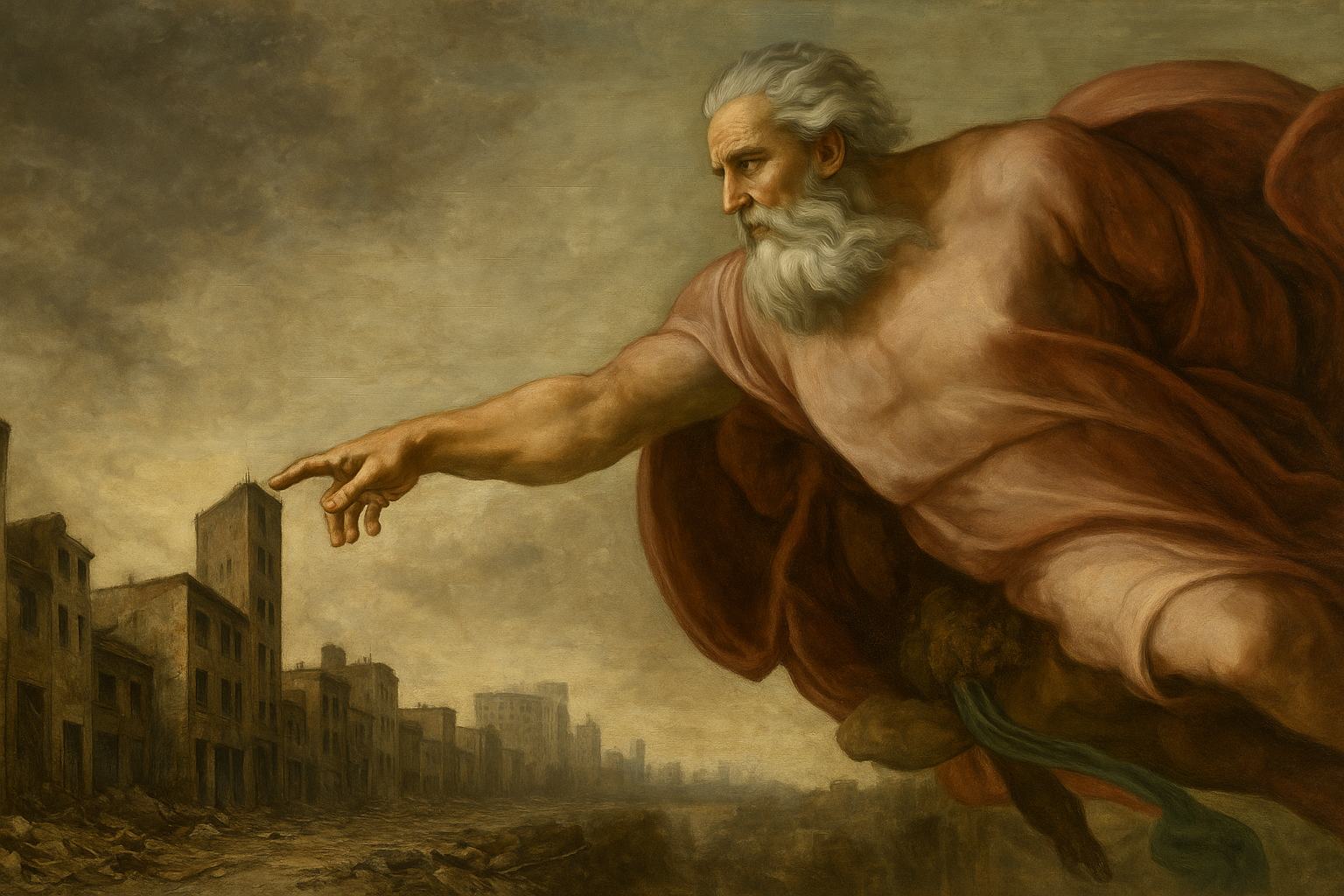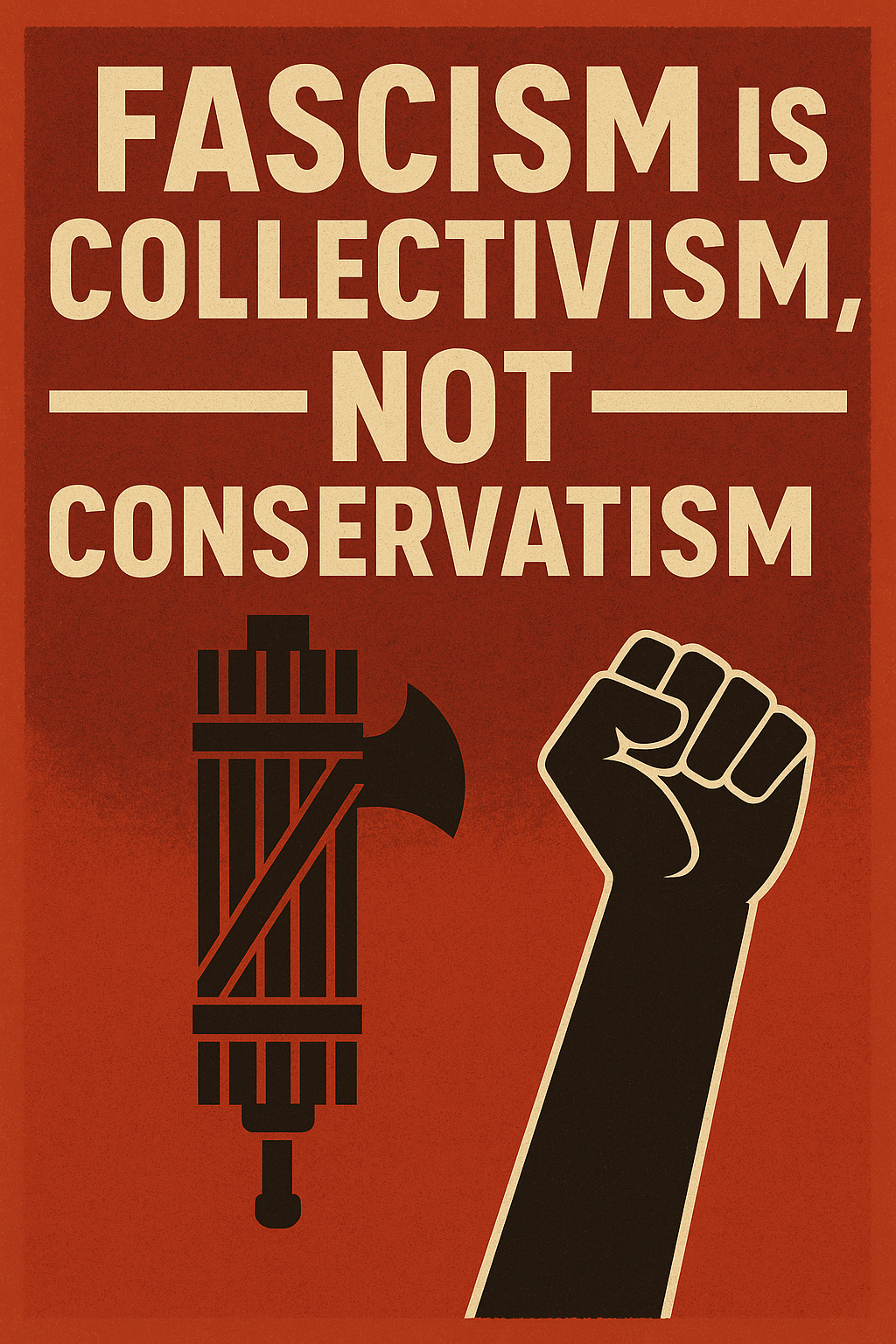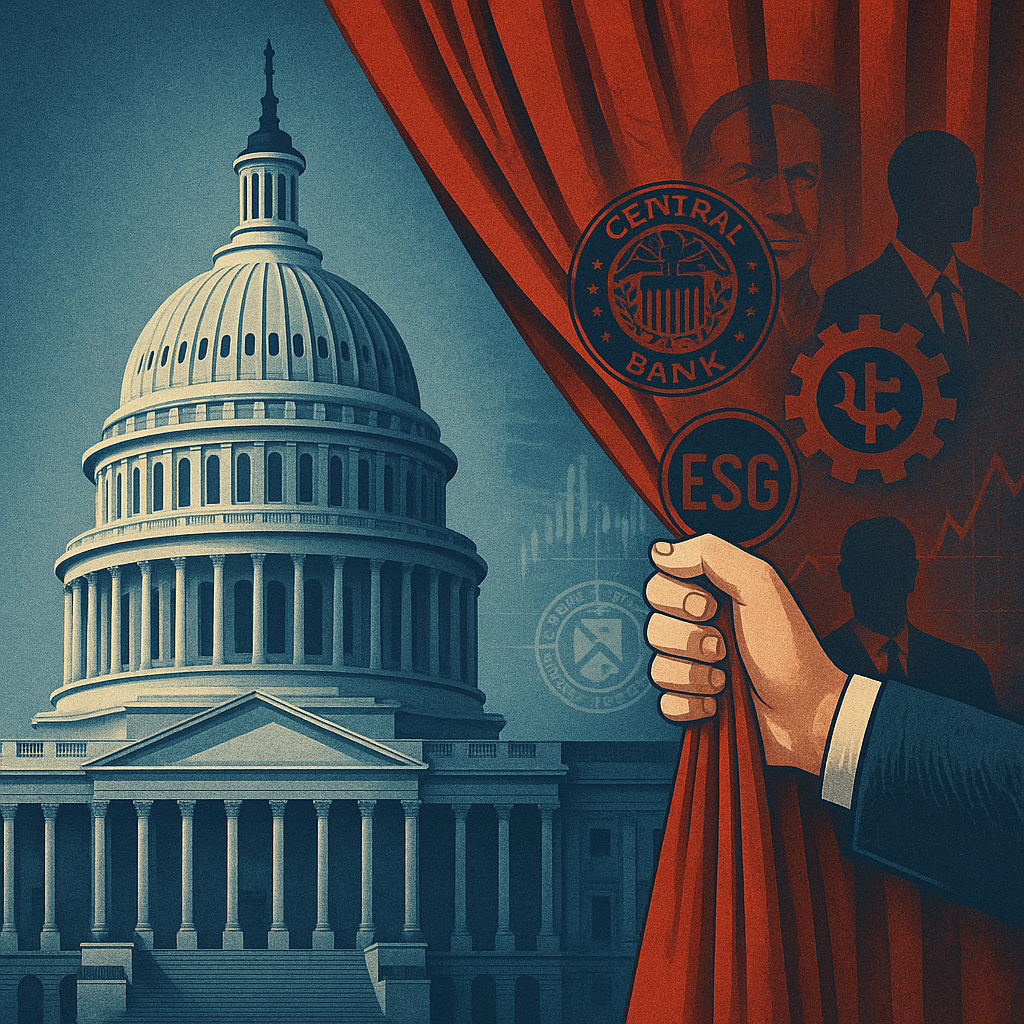Milton Friedman once said, “Democracy may be the best way to run a government, but government is the worst way to run a country.” What Dr. Friedman meant was that the paramount question regarding government is not its structure, but it’s level of power: what government is allowed to do is far more important than how it is run.
Milton Friedman favored a representative democracy over other forms of government, but he feared government in general, and he realized that economic freedom is vastly more important than political freedom. With political freedom, you are free to vote for whomever you want, one day out of 365, and to speak (and work) on behalf of the candidate of your choice. The other 364 days a year, economic freedom is what matters.
What powers does political freedom grant? The freedom to vote for any candidate one wants, the freedom to speak on politics, the freedom to run for office, and the freedom to assemble in redress of grievances from government. That’s about it. What powers does economic freedom grant? The freedom to speak on economic matters, the freedom to own one’s productive capacity, the freedom to assemble in redress of grievances from unscrupulous businesses, the freedom to choose any profession one wants, the freedom to buy whatever products one wants, the freedom to live wherever one wants, the freedom to own private property and to use it however one wants – including selling it, if that is what one wishes to do. The freedom to have a family is an economic freedom. The freedom to have a car is an economic freedom. The freedom to eat the foods one likes is an economic freedom. The freedom to see a doctor when one wants, and to see the doctor one wants to see, are economic freedoms. The freedom to have a television, radio, computer – these are all economic freedoms. The list of economic freedoms is nearly endless.
One of the great ironies of political freedom is that, without economic freedom, political freedom does very little good. Conversely, when one has a great deal of economic freedom, political freedom makes very little practical difference in their lives.
A good example of the relative importance of economic and political freedom can be found by comparing Chile and Venezuela. Salvador Allende became President of Chile in 1970, running as a Marxist. This was the first time in the Americas that a Marxist won the presidency of a nation through free elections.
Economically, Allende’s policies were brutal. He nationalized industries, took over the healthcare and education industries, began a program of land seizure and redistribution, dramatically raised taxes as well as minimum wages, and began massive social spending programs. It worked for about three years, but by 1973, there was nothing left to seize, and Chile had become the poorest nation in all of South America. The people were still politically free (Allende having won a very narrow three way Presidential race in 1970), but there was no economic freedom, and the people were starving.
In September of 1973, Augusto Pinochet formed a military coup and overthrew Salvador Allende. Pinochet then hired a bunch of Milton Freidman followers, collectively known as the ‘Chicago Boys’, and began a period of radical economic transformation toward a free market state. Pinochet ruled politically with an iron fist, but he gave the people of Chile a tremendous amount of economic freedom, and yet by the time Pinochet voluntarily stepped down in 1990, Chile’s economy was booming. Today, Chile is the richest nation in South America.
Venezuela, in the meantime, had free markets, and was the richest nation in South America in 1973. Venezuela went the opposite direction, choosing Hugo Chavez and his socialist revolution. We all know how that worked out: today, Venezuela is the poorest nation in South America, and its people are starving.
We cannot truly be free unless we have both political freedom and economic freedom, but between the two, economic freedom is far more important. Economic freedom is only gained by limiting the size and scope of government, to keep it out of the economy. If government is small and limited, it does not matter much how it is run.
The problem with totalitarian democracy is that the consumption of resources occurs primarily in big cities, where the majority of the people are, whereas the production of resources tends to occur almost entirely in smaller cities, in the suburbs, and in the country, where the majority of the people are not. This is particularly true of food, but it is also true of manufactured goods. Because of this, if a nation has political freedom, but not economic freedom, the people tend to vote to subsidize consumption while penalizing production. The penalization of production takes a number of forms: high taxation on producers (to allow lower taxation on consumers), onerous regulations, building codes that make it difficult or impossible to open new manufacturing centers, water policies that benefit those living in the cities over those growing crops in the country, etc..
 The map on the left shows how every precinct voted in 2016. A map of population density would look very similar, and yet while most consumption takes place in the blue areas, most production takes place in the red areas. Consumers and producers have very different needs.
The map on the left shows how every precinct voted in 2016. A map of population density would look very similar, and yet while most consumption takes place in the blue areas, most production takes place in the red areas. Consumers and producers have very different needs.
Imagine the United States without the electoral college. Anyone who controls Los Angeles, San Francisco, and New York City, would control the country, no matter what the rest of the country may want. Those who lived in Utah, or Michigan, or the Napa Valley, would have different needs than those who live in Los Angeles, San Francisco, or New York City, but because the population is centered around Los Angeles, San Francisco, and New York City, those who live elsewhere would have no political power, and particularly since other major cities tend to vote blue as well.
What would the people vote for if only the vote in the cities counted? Both history as well as the Democrat Party Platform tell us the answer – higher taxes on producers and more free stuff for consumers. This would lead to less production, and since even the freest democracy imaginable cannot distribute that which is not produced, this leads to economic disaster.
We debate today over the electoral college, which is a means of balancing the interests of different states. One of the benefits of this is that it spreads some of the political power out over less populated areas, helping at least a little to ensure that the needs of producers are taken into account. If we still had true economic freedom, we would not need the electoral college, as government would lack the power to run roughshod over the economy, regardless of how people voted. If we had true economic freedom, local elections would mean far more than national ones, and who was in Washington would be of little consequence to anyone.
Let’s keep the electoral college, and while we are at it, let’s renew our commitment to economic freedom as well. We do want a democratic government, but we also want it limited, such that it leaves us alone.





Curtiss Ryan Mooney
Nice description of the relative impact of economic versus political freedom.